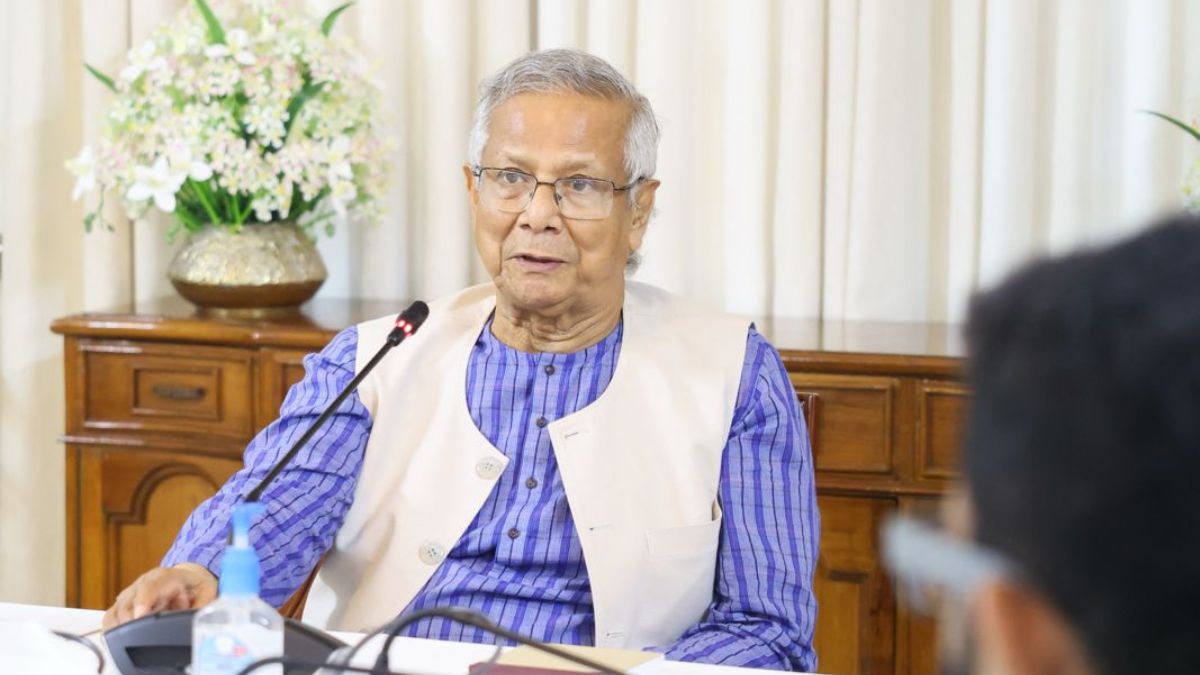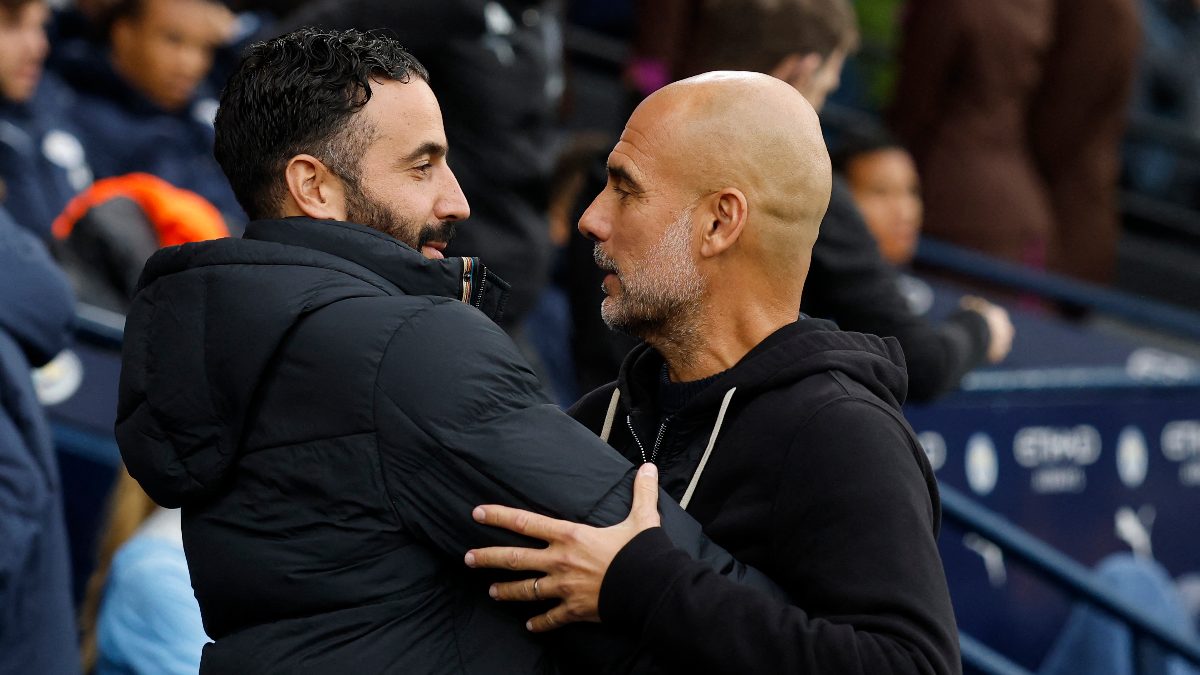Contrary to Bangladesh where interim ruler Muhammad Yunus has clung to power for more than a year and has repeatedly violated his own timeline for fresh elections, Nepal interim leader Sushila Karki has announced she will hold elections and hand over power to an elected government within six months.
Both Bangladesh and Nepal saw anti-government movements, but outcomes have been completely different in the two countries.
While Bangladesh’s interim leader, Muhammad Yunus, has clung to power for more than a year and has violated his own deadlines to conduct elections, Nepal’s interim leader, Sushila Karki, has announced she will hold elections and hand over power to an elected government within six months.
In her first decisions after taking over as Nepal’s interim prime minister, Karki recommended the dissolution of the House of Representatives and fresh elections on March 5, 2024. President Ram Chandra Paudel accepted these recommendations and dissolved the House and declared elections.
In an interview with CNN-News 18 before her appointment, Karki said, “I am not a politician but just a judge, so I want a fair election. I want to hand over the responsibility as early as possible when the new government is formed.”
But Yunus continues to cling to power, trample democracy
In sharp contrast to Karki, Yunus, who was propped as the leader by Islamist radicals and the military, has clung to power, trampled over democratic traditions in the country, and presided over continuous cyclic violence against the country’s minorities, particularly Hindus.
In unabashed political retribution, Yunus has banned Bangladesh’s largest political party, Bangladesh Awami League (BAL), from contesting elections.
On the other hand, Karki has made it clear that even though new parties might emerge out of the ‘Gen Z’ movement, no existing party will be barred from contesting elections in Nepal.
Unlike Karki, Yunus has not given any firm timeline for elections. Instead of handing over power to an elected government at the earliest, he has continued to run the country as an unelected leader.
Initially, Yunus had suggesting holding elections towards the end of 2025 — more than a year after being appointed as the country’s interim leader through constitutional gymnastics. Then, he said he would hold elections in June 2026. He later said he would hold elections in April 2026.
In his latest statement last month, Yunus said that he would hold elections in February 2026.
“On behalf of the interim government, I will write to the Chief Election Commissioner, requesting that the Election Commission organise a national election in February 2026, before the next Ramadan,” Yunus said on August 5, a year after street violence ousted Prime Minister Sheikh Hasina.
It remains to be seen whether Yunus would stick to the declaration or change course again.
End of Article

)
)
